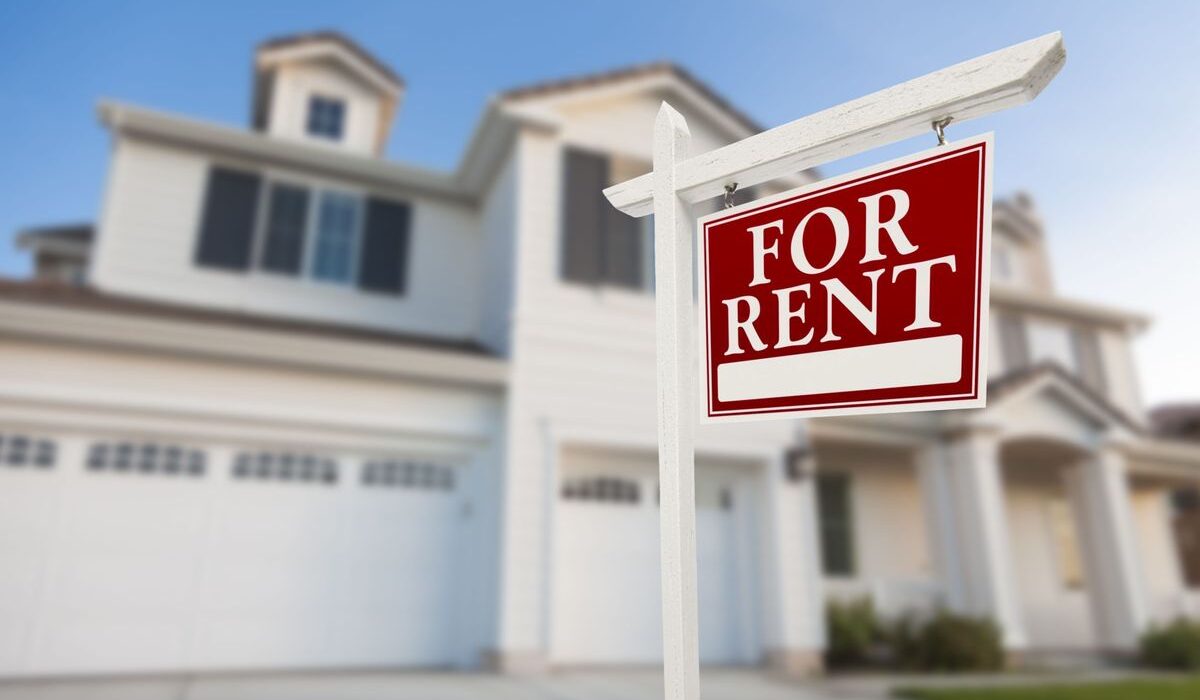It was Sarah’s first time renting an apartment alone, and as she stood in the leasing office, she felt both excited and nervous. She had finally found the perfect one-bedroom unit close to her work, and everything seemed to be going smoothly—until she reviewed the lease agreement. One figure stood out among the standard rental terms: the security deposit. Sarah paused for a moment, wondering why she had to pay an extra month’s rent upfront. What is a security deposit for rent? Would she ever get it back? And why was it necessary when she had no intention of causing damage to the property?
Sarah’s experience reflects a common question among renters, especially first-timers: What exactly is a security deposit, and how does it work in rental agreements? While security deposits are a standard part of renting, they can often confuse their purpose, how much landlords can charge, and the conditions under which the deposit will be returned.
In this article, we’ll explore the basics of a security deposit, why it’s required, how much you can expect to pay, and the legal rules surrounding deposits in different areas. We’ll also examine average security deposit amount statistics and explain some essential tips to ensure you get your deposit back when you move out.
What Is a Security Deposit?
A security deposit is a sum that a tenant pays a landlord or property manager at the beginning of a rental agreement. It is a financial safety net for the landlord if the tenant fails to uphold their responsibilities during the lease term. This deposit is typically refundable, meaning tenants can get it back when they move out, provided they’ve met certain conditions, such as leaving the property in good condition and paying their rent in full.
Why Do Landlords Require Security Deposits?
Landlords use security deposits to protect their rental properties from potential financial loss. Some of the critical reasons landlords require a deposit include:
- Property Damage: If a tenant damages the rental unit beyond normal wear and tear (for example, broken windows, holes in the walls, or stained carpets), the landlord can use the security deposit to cover the costs of repairs.
- Unpaid Rent: If a tenant moves out without paying their final month’s rent or owes back rent, the landlord can apply the deposit toward that unpaid balance.
- Cleaning Costs: Tenants are typically expected to return the property in clean condition. If a tenant leaves the apartment dirty or needs extensive cleaning, the landlord may use the deposit to hire cleaning services.
In short, the security deposit is a financial safeguard for the landlord, giving them recourse in case of tenant-related issues that would otherwise lead to out-of-pocket expenses.
How Much Is a Typical Security Deposit?
The amount of a security deposit can vary based on several factors, including the type of property, location, and lease terms. However, security deposits are typically calculated based on the monthly rent amount. In most cases, landlords charge the equivalent of one to two months’ rent as a security deposit.
National Averages and State Regulations
According to Zillow, the average security deposit is about 1.5 times the monthly rent in the United States. For example, if the monthly rent is $1,500, the security deposit might range from $1,500 to $2,250. However, there are some critical variations based on location and the type of rental unit.
For instance, cities with higher rent prices, such as New York City, San Francisco, or Los Angeles, may have higher security deposits simply because the base rent is higher. On the other hand, in some more affordable housing markets, the deposit might be limited to just one month’s rent or even less.
Many states have laws governing the maximum amount a landlord can charge for a security deposit. According to a report by NOLO, a legal information resource, most states limit security deposits to no more than two months’ rent. For example:
- California: Security deposits are limited to two months’ rent for unfurnished and three months for furnished properties.
- New York: As of 2019, security deposits are capped at one month’s rent following the passage of new tenant protection laws.
- Florida: There is no state limit on how much a landlord can charge, but local regulations may apply.
It’s important for renters to check their state’s or city’s regulations regarding security deposits, as they can vary significantly.
When Is a Security Deposit Returned?
The critical question for most renters is: When and under what conditions will I get my security deposit back?
In general, tenants can expect to receive their security deposit back at the end of their lease, provided they meet the following conditions:
- No Property Damage Beyond Normal Wear and Tear: Normal wear and tear refers to minor, everyday damage that naturally occurs over time—such as minor scuffs on the walls or light wear on the carpets. Landlords cannot charge tenants for everyday wear and tear but can deduct from the deposit if there is significant damage.
- No Outstanding Rent or Fees: If the tenant has paid all rent and any applicable fees (such as utilities or pet fees) in full, they should receive their deposit back. The landlord may deduct these amounts from the deposit if there are outstanding balances.
- The Unit Is Clean: Most lease agreements require the tenant to leave the property clean. Some landlords may even provide a move-out checklist outlining the cleaning expectations. If tenants leave the apartment in poor condition, the landlord may use the deposit to hire a cleaning service.
Legal Timelines for Returning Deposits
Landlords are legally required to return the security deposit within a specific timeframe, although this varies by state. According to NOLO, most states require landlords to return the deposit within 14 to 30 days after the tenant moves out. For example:
- California: Landlords have 21 days to return the deposit.
- Texas: Landlords must return the deposit within 30 days.
- Florida: The deadline is also 30 days, but landlords must provide a written notice if they intend to make any deductions from the deposit.
Suppose the landlord withholds any portion of the deposit for repairs or unpaid rent. In that case, they are typically required to provide an itemized list of deductions and the remaining deposit balance.
What Happens if a Security Deposit Is Not Returned?
In some cases, tenants may encounter difficulties getting their security deposit back, even if they believe they’ve fulfilled all their lease obligations. Common reasons for disputes include:
- The landlord makes excessive or unjustified deductions for wear and tear.
- The landlord failed to return the deposit within the legal timeframe.
- A disagreement about the condition of the property upon move-out.
If a landlord wrongfully withholds a security deposit, tenants may have legal options. Many states allow tenants to sue for the return of their deposit in small claims court, where they can also seek damages if the landlord has acted in bad faith. In some states, landlords who fail to return deposits on time may be required to pay penalties or double the deposit amount to the tenant.
Tips for Getting Your Security Deposit Back
For tenants like Sarah, ensuring the return of her security deposit was a top priority. To avoid losing her deposit, she took the following steps:
- Document the Condition of the Unit: Before moving in, Sarah made sure to take photos of every room, noting any pre-existing damage. This helped protect her in case the landlord tried to charge for issues that were already present.
- Review the Lease Agreement: Sarah carefully reviewed the lease for any specific move-out instructions. Some landlords provide detailed checklists for cleaning and repairs that must be completed to avoid deductions.
- Perform a Walk-Through: Sarah requested a walk-through with her landlord to identify potential issues before moving out. This allowed her to address any minor problems before officially vacating the property.
- Keep Records of Payments and Correspondence: Sarah kept copies of all rent payments, receipts for any repairs she made, and communications with her landlord. This ensured she had proof if any disputes arose.
Conclusion: Understanding Security Deposits for Rent
A security deposit is essential to the rental process, protecting landlords from financial losses due to damage or unpaid rent while allowing tenants to secure their rental units. Knowing how much to expect, the legal conditions for withholding a deposit, and how to ensure its return can help both tenants and landlords navigate the rental experience more smoothly. By understanding the regulations and following best practices, renters like Sarah can ensure that they protect their deposit and enjoy peace of mind throughout their tenancy.














